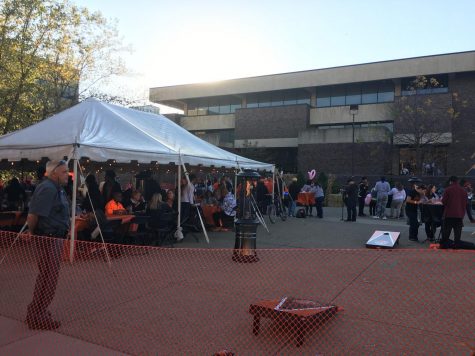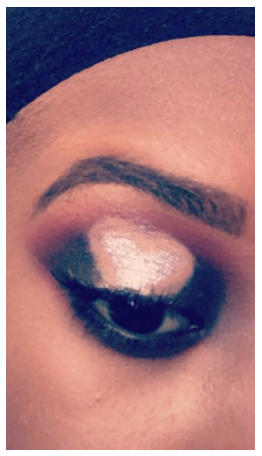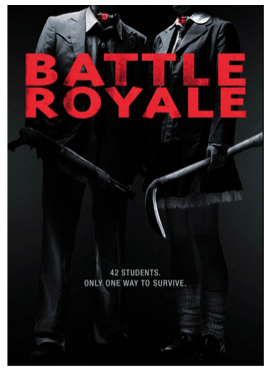Lifelong health starts with choices made in college
Congratulations and welcome! You’ve arrived at the next greatest plateau of your lives. You’ve finally become your own boss and you are in control. In control of what, you may ask? Two things: your future and your health.
College prepares you for the future. Not only does it prepare you for that dream job, but also helps you literally start to define yourself.
A New York Times study suggests there is a correlation between habits formed in college and the condition of your future. Being healthy is all about planning ahead.
Regardless of how you feel about planning, I can tell that you’re good at it because you’ve made it this far.
As a college student you are likely to encounter a range of emotions that can negatively impact your health. Putting your priorities in place is critical for a healthy lifestyle.
No matter what you come to learn, you cannot practice a career if you are physically unable to do so.
We live in a generation of mindless eating: we eat more than we think. Often, our eating is not physiologically driven. Rather, it is socially and emotionally driven. Eating is an extremely social activity that not only satiates our hunger pangs but also affords us opportunities for adventure.
How and what we eat is affected by a host of factors including smell, sight, who we’re with, and what’s available at the time and our environment.
Sometimes we (myself included) eat when we’re not even hungry. Most people don’t develop heart disease or high blood pressure overnight. It generally happens over a series of days, weeks, and months, a building up of unhealthy habits that eventually lead to a life of sickness and disease.
How do we fix it? It’s simple: think first and eat second. Here are some helpful tips:
Take small steps. I’m sure that you’ve heard about goal setting a billion times, but the truth is that it works. First, identify your top three small health-related goals for the semester. Break down those three goals into a goal for each month. What will you work on first? Then, break down each goal into smaller goals for each week. By breaking down these goals, you are more likely to achieve them.
Just do it. Now that you have set your goals, it’s time to put these new habits into practice. For example, if the goal is to eat more fresh fruits and vegetables or to drink more water and less soda, write down how much produce and water you consume each day. Keep a small checklist to monitor your everyday progress. Communicate your goals to your friends. Your friends will hold you accountable and perhaps want to join you in your endeavors.
Keep it interesting. Once you’ve set your goals and put them into practice, you can begin to evaluate what needs to be adjusted in your plan to enhance your experience. If your goal is to get more exercise, think of all the different kinds of exercise you can do. Perhaps you can change up the time of day you exercise. Don’t be afraid to modify your goals to suit your needs. However, make sure that the changes support your original goal.
I challenge you and double dog dare you to make health a part of your higher learning experience. When you look back on your life in a decade you should be able to say that you made made an investment in your future.
So remember to set your goals. Set ones that are personally achievable. Making concrete plans are essential for success. Make sure to track your goals by keeping checklists, holding yourself accountable and having support partners.
Lastly, keep your plan exciting and relevant by being flexible enough to adjust it if need be.
Cheers to another year of great learning and even better health!
For comments on this story, contact [email protected].










